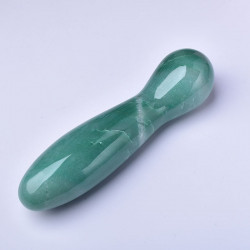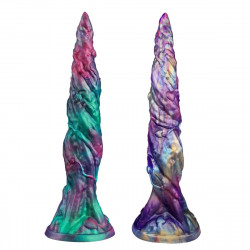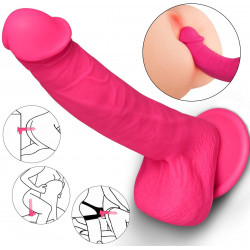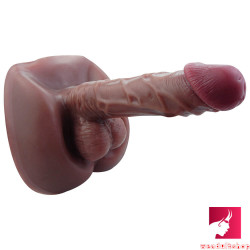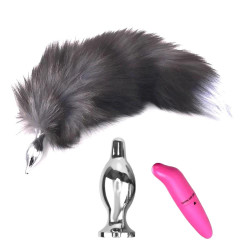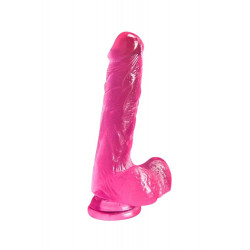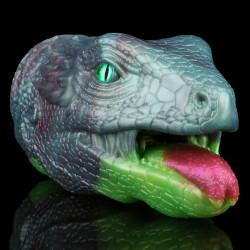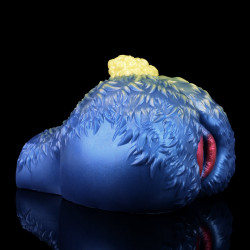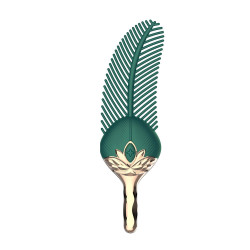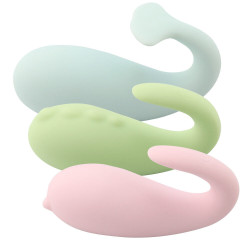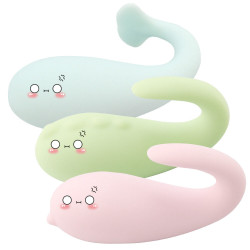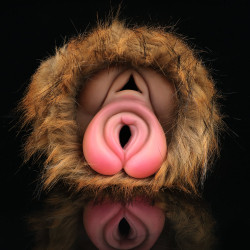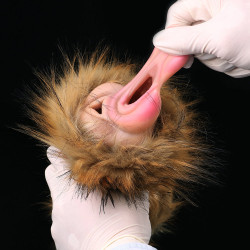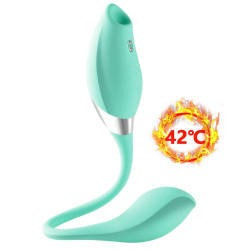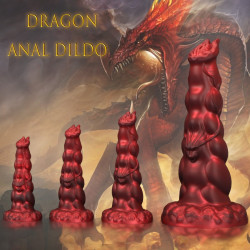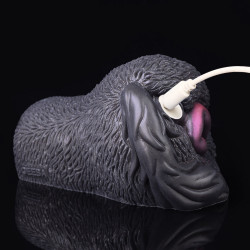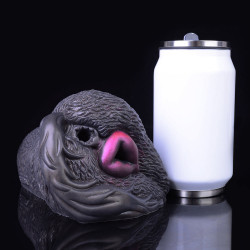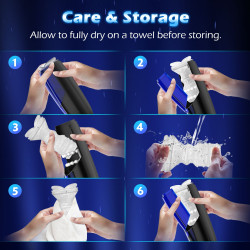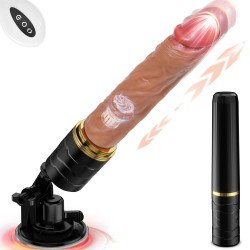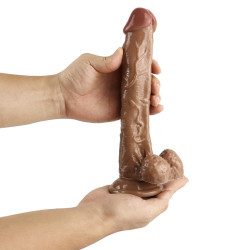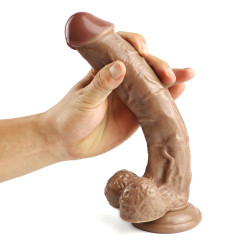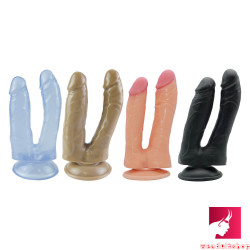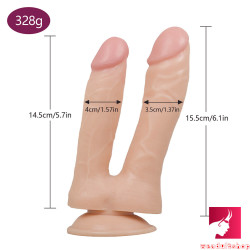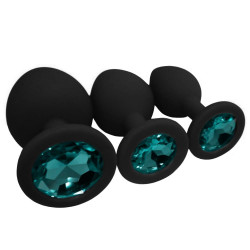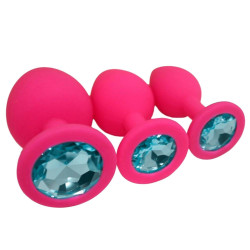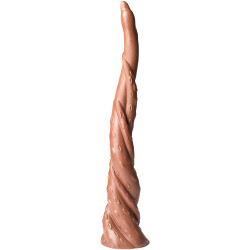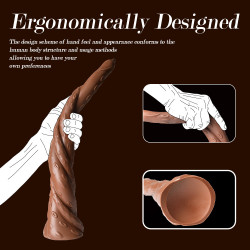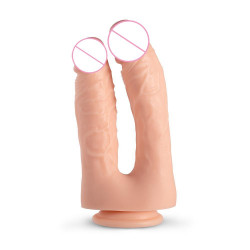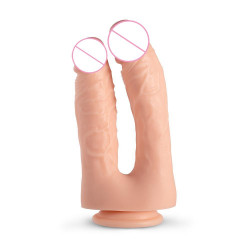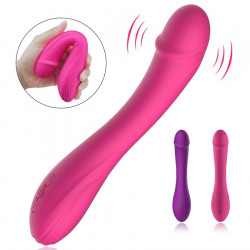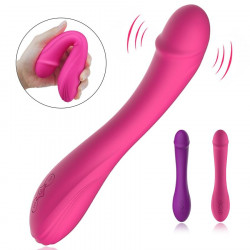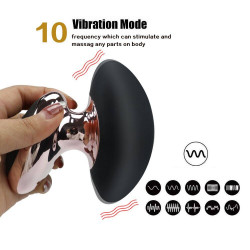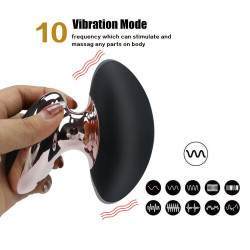In the World of Black Kink
Marla Stewart, a sexologist, explores the origins of Black kink and its current state.
"Whips and chains thrill me, but sticks and stones may shatter my bones." - "S&M" Loud by Rihanna (2010)
Kink and BDSM are taboo. Even with vicious thoughts, we can obtain pleasure through kink and BDSM.
It used to be quite forbidden to be Black and kinky. The pornography industry's usage of Black bodies in bondage for sexual arousal—likely for the benefit of the white male gaze—was a significant factor in the 1930s documenting of Black kinksters. Black people and bodies have always been on display for the white gaze; this was especially true during the Transatlantic Slave Trade and is best illustrated by the well-known Saartjie Baartman, a Khoekhoe woman who was transported to Europe in the early 1800s and dehumanized like a museum exhibit.
By the 1970s, the main groups represented in kink were gay men and Black women. Yes, this included pornographic journals like Black Mistress Review and Black Amazon Digest. Still, as representation increased, Black publishers were able to launch Obeah, a kink magazine that changed the perception of Black kinksters. Founded in the 1960s, Obeah was a Black BDSM supremacy group that probably served as the model for other Black kink and leather groups in the United States.
By the 1980s, there were a few leather/kink groups led by Black men, most of whom were gay, such as LA Brotherhood and Brothers in Leather. In 1984, the first Black man, Ron Moore, won the International Mr. Leather contest, encouraging more Black people to compete.
The mid-1990s saw the rapid formation and growth of Black leather organizations. With the relatively recent extension for women, known as the ONYX Pearls (in 2008, with 2016 being the first line), the leading group, ONYX, founded by Mufasa Ali for Black males, is still active.
In the mid-1990s, it quickly expanded into several major cities, which increased popularity and led to the creation of Black Leather in Color magazine, which documented Black kinksters nationwide. Mr. Ebony In Leather, the first competition for persons of color, held eight competitions over ten years from 1993 to 2003. Nonetheless, Genelle Moore's victory in the 1997 International Ms. Leather pageant, which made her and Ron the first (and only) biological siblings to win such contests, is among the most famous events in Black kink history. Jack Thompson, the first trans man of color to win the International Mr. Leather competition in 2019, is one of the numerous Black people who have won various competitions over the years.
The Black kink scene flourished in the 2000s and 2010s. In-person events, such as Atlanta Peachy Kink, Weekend Reunion, and Black Beat, increased awareness and depth of Black people's kinky pleasure. Additional gatherings and conferences, like the Sex Down South Conference, are devoted to kinky POC. With the global COVID-19 pandemic halting most in-person events, Mufasa Ali launched the Mr. Leatherman of Color competition in 2005 and has since held 11 championships over 14 years.
However, 2019 thoroughly examined the kink world before the worldwide sheltering-in-place legislation in 2020. Due to her success on The Real Housewives of Atlanta and her well-known sex toy brand, Bedroom Kandi, Kandi Burruss made kink and dungeons more widely known by educating mainstream Black audiences about them.
Following that, she oversaw a massive city tour in which celebrities wore kink clothing without engaging in any traditional kink. This led many Black people to believe that kink was something it wasn't. In the same year, Jet Setting Jasmine, King Noire, and I travelled the nation on a dungeon tour to demonstrate our abilities by teaching the locals and allowing them to play at their dungeon. The fact that the Black people who signed up believed we were imitating Kandi and were unaware that we had been kinksters for a long time was very intriguing.
I still see many of them in my local dungeons today because many of them were enlightened when we arrived in their city, and they saw a real dungeon and what occurred there.
Cultured Kink, POC Kinkbook, and POCKLE (People of Color Kink and Leather Experience) were established in the same year. POCKLE is a resource for BIPOC kinky people. The social networking groups Cultured Kink and POC Kinkbook were created primarily to provide a secure environment for BIPOC people to interact and form connections.
By 2020, with George Floyd's murder at the forefront, the subject of race was more important than ever. We witnessed a greater amount of racial tension than ever before because everyone was sheltering in place. This led Luna Matatas and me to start our discussion series, Race & Kink because we saw how racism was negatively affecting the kink community.
We are bringing in POC kink luminaries like Jack Thompson, Mufasa Ali, and Midori to share their experiences and stories on how their race has affected their kink life and vice versa. We can delve deeply and intimately from an intersectional standpoint while gaining a more comprehensive grasp of their lives.
However, our level of comfort as Black and kinky individuals depends on a number of variables. Although the journey is not a monolith, some shared experiences make it constantly fascinating.
However, the majority of Black kinky people will tell you that we usually enter the world of kink by ourselves, frequently entering venues that are primarily (if not entirely) white. There is a significant chance that we will be fetishized in these settings where we want to act out a drama and indulge ourselves.
There are a minimum of two situations that could occur:
1) You enter the area, but nobody approaches you, making you feel unwelcome. This could discourage you from engaging in kink in the future, or
2) You are inundated with potential playmates who might not have done their research on racial relations and play and may have never played with a Black person. In every case, there is always a risk that has the potential to either uplift or depress us.
I've learnt a lot about our history as a Black, kinky, queer, sex-positive educator who is honored to be a leader in this Sexual Liberation Movement. But what excites me is what Black kink will become in the future. The following lies ahead for us:
- Eschewing binary organizations and gender binary classifications.
- Black kinky tournaments and events that are sustainable.
- Ownership of Black Dungeon.
- More Black leaders are coming together and working together in leather and kink.
- Infiltration of kink spaces and white dungeons.
- The "Old Guard" and the "New Guard" learn from one another.
- Examination and questioning of kinky and overlapping identities.
- Black kink is being "normalized."
- The media is showing more Black kink.
- More mentors and teachers who are Black kinky.
- More manufacturers of Black equipment.
- Additional formations and growth of Black groups tailored to specific needs.
Some of the amazing Black kinky legends that I like include Daddy Rod, Lady D Harrison, Orpheus Black, Ignacio G. Rivera, Mistress MIR, Molleena Williams-Haas, Jill Carter, Mufasa Ali, "Mama" Vi Johnson, and the late Goddess Sadie Hawkins. Some people, like myself, Mx. Tyesha Best, CHOC Trei, Jet Setting Jasmine, King Noire, Q Wilson, Jack Thompson, Coach Felyne, Mistress Marley, HonestlyNae/Syre, and others, are genuinely making a difference and changing the path of Black kinky people around the world.
To guarantee a joyful and lovely kinky future for all the Black, youthful, kinky people who will follow us and advance the sexual liberation movement, we Black and kinky people must honor our past while concentrating on the present. Let's go to work; we have the creativity, the concepts, and the perseverance to succeed!



